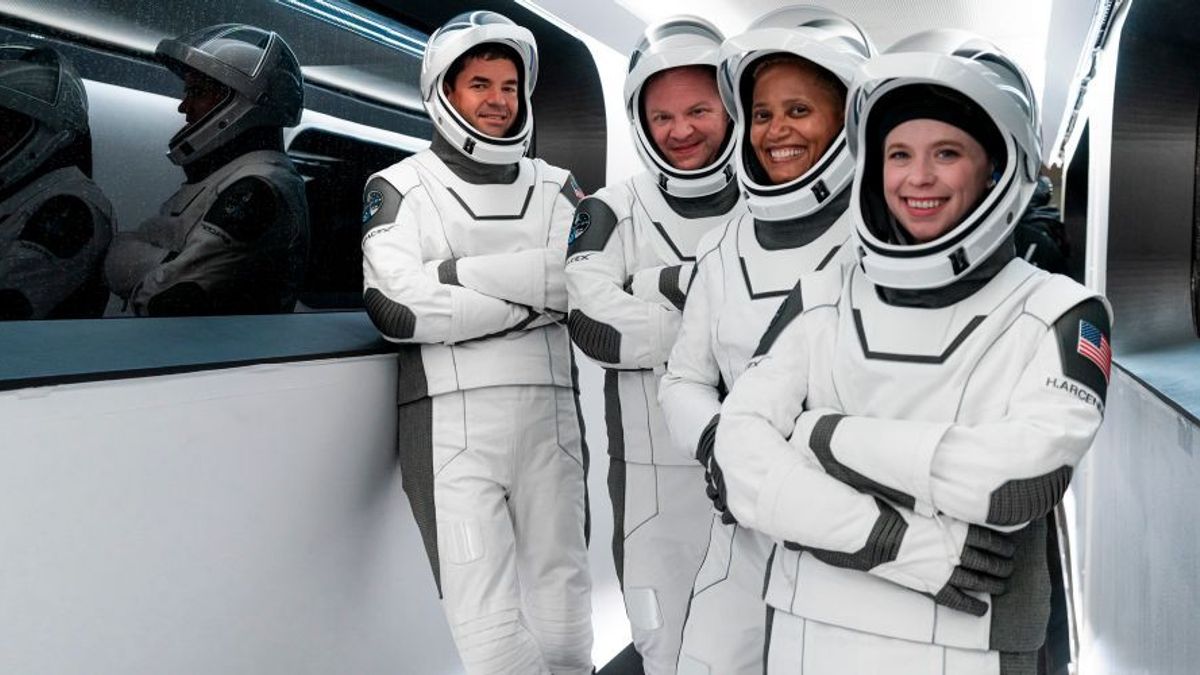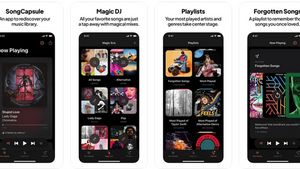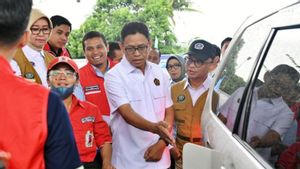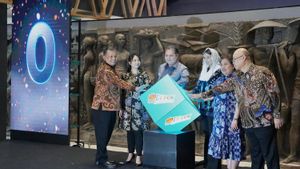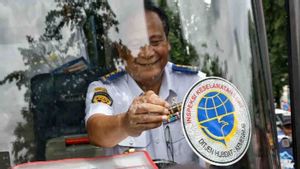JAKARTA – The first civilian team to fly into Earth orbit on a SpaceX rocket on the Inspiration4 mission has completed its mission from September 15 to 19. The Crew Dragon marks the furthest point reached so far in space tourism.
While Jeff Bezos' Blue Origin is in second place with an altitude of 66 miles above sea level. This altitude is enough to cross the international boundary of space at a distance of 62 miles. Next up is Richard Branson's Virgin Galactic in third at 50 miles. However, the achievement is now unlikely to give the members of the Inspiration4 team the title of "astronaut."
A word used to denote anyone who has exited Earth's atmosphere has recently been changed to a much stricter one. Specifically, on the day of Bezos' trip with Blue Origin, the Federal Aviation Administration (FAA) redefined the meaning of the word "astronaut" to exclude space tourists like Bezos himself.
There are now three requirements to be considered an astronaut: First one must have flight crew qualification and training. The two traveled beyond the 50 mile line. The third "shows activities essential during flight for public safety, or contributing to the safety of human spaceflight.
These three conditions are not fulfilled by most space tourists to get their astronaut title so far. Even according to the FAA, the Inspiration4 team did not meet the first requirement.
When asked about the four civilians traveling with the Crew Dragon, the FAA replied that these were space participants, not crew. Being part of a crew means being in a job or contract and, in this position, and they are actively contributing to the operation.
By this definition, CEOs Bezos and Branson can be considered part of the crew, as they run the company that launched the vehicle in the first place. Civilian Inspiration4, on the other hand, falls short of this requirement.
Certified Astronauts are divided on this decision made by the FAA. Some people support it, because they feel that space tourists who call themselves astronauts are discrediting their expertise and the contributions they have made.
However, others saw the decision as risky, saying that changing the definition would not only impact future astronauts, but could also have a retroactive impact on those who have earned the title before.
They argue that all of those missions are largely automated, with most of the pilots having to observe. That so far the traditional crew of astronauts also includes specialists who do not contribute to the operation of the vehicle itself. Whether these specialists are on board to conduct experiments or handle cargo, they have also received the title of astronaut in the past.
For the Inspiration4 team and space tourists before them, being denied the title of astronaut may be a small price to pay for the chance to experience microgravity and see Earth from space. But for those whose professions are directly related to degrees, the FAA's decision may be far more impactful.
The English, Chinese, Japanese, Arabic, and French versions are automatically generated by the AI. So there may still be inaccuracies in translating, please always see Indonesian as our main language. (system supported by DigitalSiber.id)
